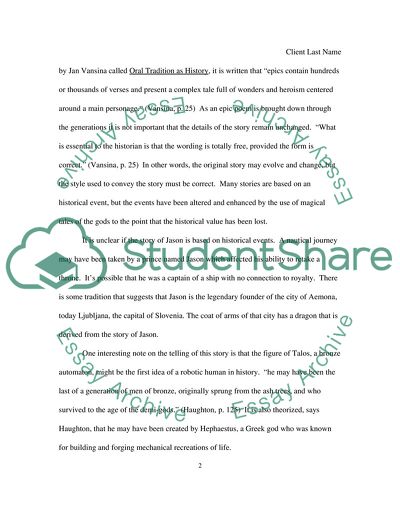Cite this document
(Versions of Jason and the Argonauts Literature review, n.d.)
Versions of Jason and the Argonauts Literature review. https://studentshare.org/history/1718038-the-study-of-varying-jasons-in-apollonius-of-rhodes-argonautica-valerius-flaccus-and-jason-2000-tv
Versions of Jason and the Argonauts Literature review. https://studentshare.org/history/1718038-the-study-of-varying-jasons-in-apollonius-of-rhodes-argonautica-valerius-flaccus-and-jason-2000-tv
(Versions of Jason and the Argonauts Literature Review)
Versions of Jason and the Argonauts Literature Review. https://studentshare.org/history/1718038-the-study-of-varying-jasons-in-apollonius-of-rhodes-argonautica-valerius-flaccus-and-jason-2000-tv.
Versions of Jason and the Argonauts Literature Review. https://studentshare.org/history/1718038-the-study-of-varying-jasons-in-apollonius-of-rhodes-argonautica-valerius-flaccus-and-jason-2000-tv.
“Versions of Jason and the Argonauts Literature Review”. https://studentshare.org/history/1718038-the-study-of-varying-jasons-in-apollonius-of-rhodes-argonautica-valerius-flaccus-and-jason-2000-tv.


